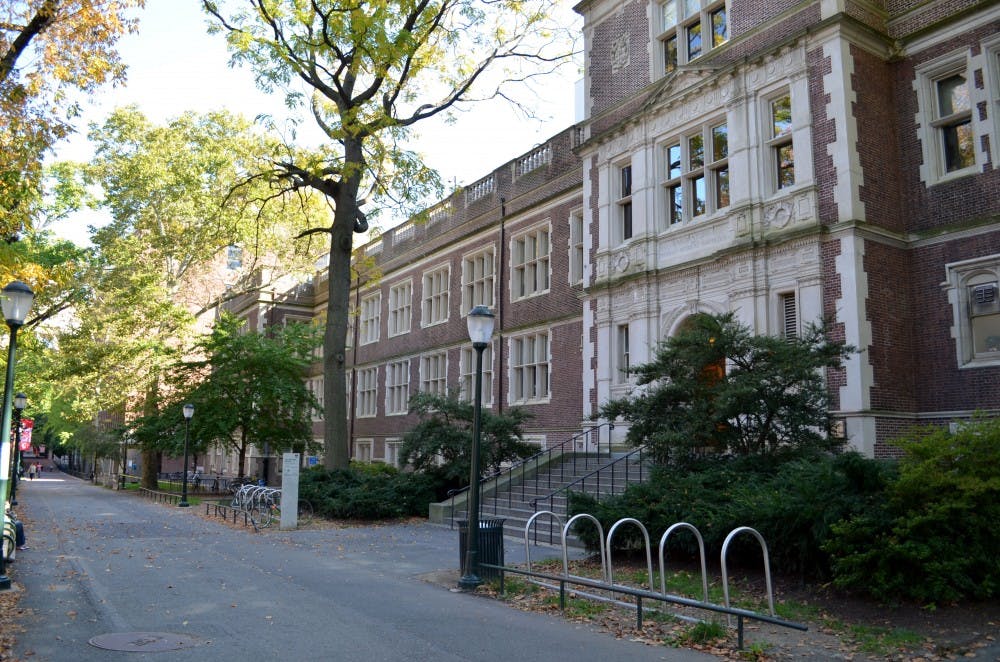
The Oncora app compiles data from millions of patient records in order for doctors to gain predictive insight into what type of cancer treatment will work best for a patient, making the overall process more personalized. | Courtesy of Hazmat2/Wikimedia Commons
Radiation is inching its way to a more efficient process, thanks to a new app co-founded by a Perelman School of Medicine student.
Oncora is a startup that compiles data from millions of patient records in order for doctors to gain predictive insight into what type of cancer treatment will work best for a patient, making the overall process more personalized.
Medical student David Lindsay created Oncora with his longtime friend, Chris Berlind. The idea stemmed from Lindsay and Berlind wanting to find a way for doctors to use past data for their current cases.
“I had a chance to see what medical care was like and I just felt like more data should be used by physicians,” Lindsay said. “I got the idea at med school, shadowing, and I saw that doctors didn’t have a good way of integrating past data into their cases. It’s not that the doctor didn’t want to, it’s basically that the data was stored in nooks and crannies of the hospital that they didn’t have access to,” he added.
The process of making Oncora into a successful startup was not a simple one. As both Berlind and Lindsay recall, they faced barriers trying to set up their application within the context of a complex healthcare system.
“The system is very complicated,” he said. “How hospitals set up who makes decisions, purchasing products — all of that is very complicated in a hospital setting so one of the challenges we faced is trying to get to the right person in the hospital who can help us get data we need and help us set up our application. We are lucky that I had experience working in a hospital so I had a bit of an advantage there.”
This advantage, Lindsay said, stems partly from the experience that he had at Penn which provided him with resources from three disciplines: medicine, engineering and business — all of which he used in founding Oncora.
Lindsay is currently on a leave of absence and plans to come back to Penn Med in a few years.
“My time at Penn has been great,” he said. “There’s just so many things that Penn is good at. I was able to have the med school, take classes at the Engineering school, and also take classes at Wharton.”
The startup is looking toward building its strength and reach for the future.
“Our immediate goals are hiring a great team and then second of all, building our product,” Berlind said. “My hope as the lead on the technical side is to build a product and get people interested just by showing them the product and what it can do.”
The Daily Pennsylvanian is an independent, student-run newspaper. Please consider making a donation to support the coverage that shapes the University. Your generosity ensures a future of strong journalism at Penn.
DonatePlease note All comments are eligible for publication in The Daily Pennsylvanian.







